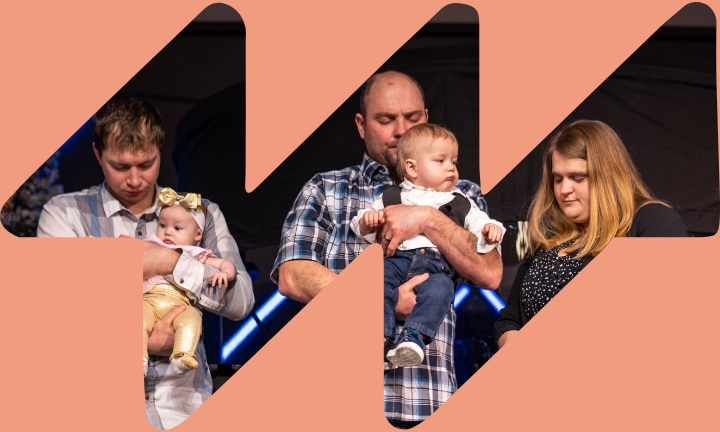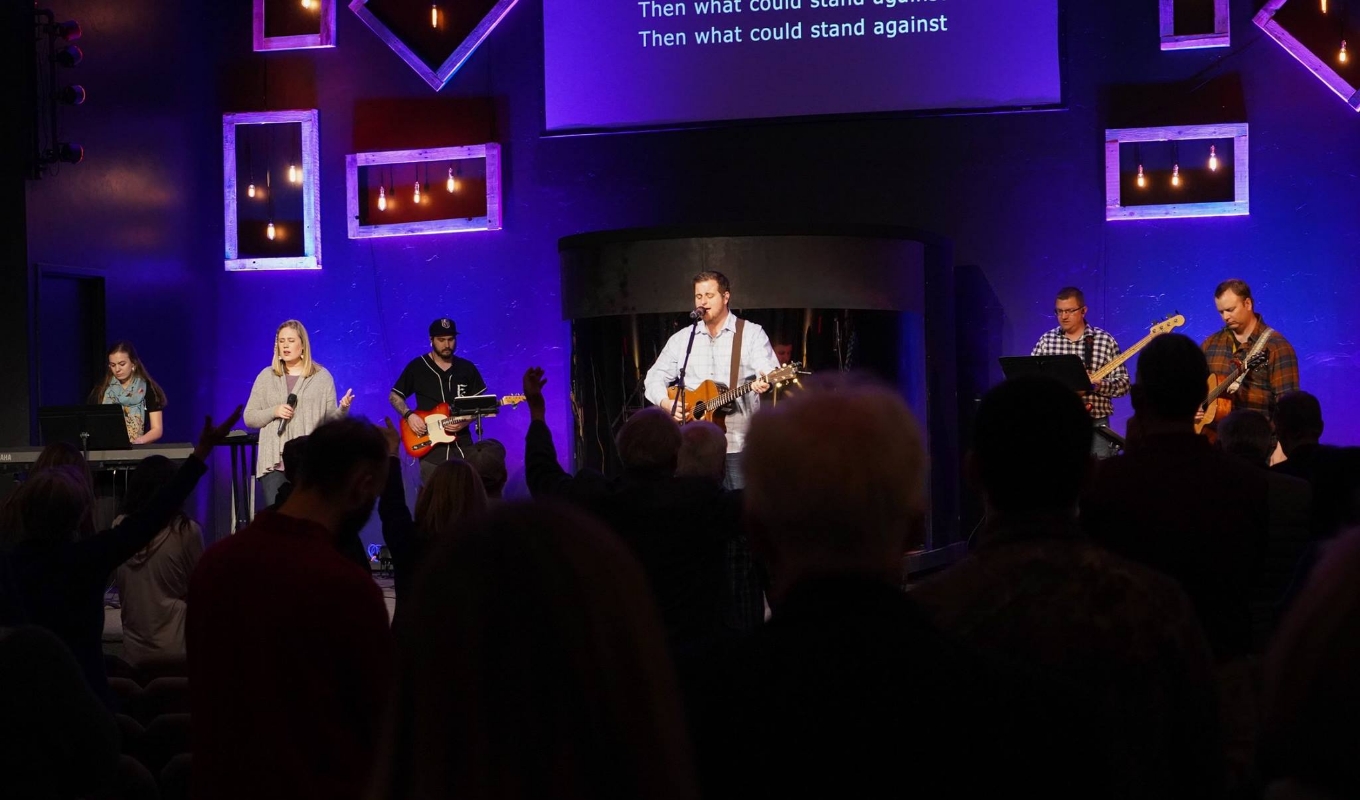Out of the history of Scotland comes the story of Sir John Cochran. Sir John Cochran had risen to the Scottish nobility. But in a decision, he made in innocence, he offended the King of Scotland. The penalty for this mistake was death. The Palace was in the south and Sir John’s nobility was in the north, thus it took several days for the death notice to arrive. Across the moors the carrier rode and in his saddle bags he caried the orders of death for Sir John. Then, suddenly from behind a rock a hooded villain jumped, shooting a gun, spooking the horse and throwing the rider. The hooded villain caught up the horse and rode off into the darkness. Thus, gaining precious time for the defense of Sir John.
A second notice of death was prepared, and a second courier was sent and off into the moors traveling alone. In passing through a forested area a mounted horseman attacked the second courier, throwing him to the ground with the horse, and with the death notice, rode off into the darkness. Thus, more time was gained for the defense of Sir John.
By this time, the innocence of Sir John Cochran had been proven and he was pardoned. Sir John is now celebrating with his friends. There is a shout in the courtyard for entrance, and there stands the hooded villain who had stopped he courier with the death notice. He is ushered in. Sir John asks, “who might my savoir be”? The camouflage is removed, and the hood is taken off, and before Sir John Cochran stands his daughter, Grizelle.
The death notice had been sent from heaven for all sinners. A man in camouflage appears to take our place. We remove the camouflage and there stands the Son of God, who has saved us from the death notice from God.This is so illustrated in a story that comes to us in 1 Samuel 20. David is King. Saul and his son Jonathan had just been killed in a battle with the Philistines. In a meeting with his staff David asks, “Is there anyone left of the house of Saul, that I may show kindness to him”? A man speaks up and says, “Yes, there is a son of Jonathan who survived the battle. He is lame in his feet because of being dropped while fleeing the battle that killed his father”. A courier is sent to where this one survivor lives. A knock at the door and the request is made. The sons name is Mephibosheth. When he hears the message that he is to appear before the king, his fear is that he has been hunted down as the only surviving member of the previous king, and he will be killed.
The journey is made back to Jerusalem and Mephibosheth appears before King David. The first words out of David’s mouth are, “fear not…”. David goes on to say to this crippled man, out of honor to your father, I am going to restore to you all that land that Saul and your father had. You will get all the livestock and the servants that they had. Then, the best part, you will live in my house as long as you live. This man, rather than receiving the death penalty, receives life.
Both stories illustrate grace. Sir John was a recipient of grace through his daughter. He would have met the wrath of the King of Scotland were it not for Grizelle. Mephibosheth faced death as he faced the new king who replaced his Grandfather, but instead he was offered what he could not get, and in place of death, he received life and that abundantly.
Can we understand that this is exactly what Jesus did for us? Death reigned. It had reigned since Adam. Sin had been transferred to the human race even as the virus we now fight is being transferred to all who are exposed. God, in His mercy extends to us today, all that He is and all that He has. The debt of sin and the judgement for it was met by the very Son of God. He who knew no sin became sin for all of us so that we might receive the gift of God. Yes, he came camouflaged in human flesh. The ones he came to save rejected Him. But to those who believe, he extends forgiveness and grace. It is our privilege to be called Sons of God, and to be granted eternal life.
This also means that as I have been a recipient of Grace, I must also be a dispenser of grace. I offer grace to those around me. We create self-made prisons wherein we live because we cannot forgive. As God has forgiven us, we forgive others.



